Q: The players are probably hearing all the negative feedback after two close losses. How important is it for you to stay positive and upbeat?
|
|||||||||||||||||||
Coughlin: "Well, it is. And I'm fighting the same battle, I really am. I don't read anything and I don't like that. I don't like being someone who really doesn't know what's happening in the world, but I've decided that I don't want to be affected by what's being said on the outside. So I really don't care for that. But I continue. I suppose I tell our players the facts and then I encourage them, and I always look at the things - for example last weekend - when have you seen special teams numbers like that before? Not while I've been here. I can't remember. I'm excited about that part of it. And the fact that there were some good things, 17 unanswered points and so on and so forth. In the long run, 75 percent of the games in the National Football League are seven points or less in the fourth quarter. The games are won in the fourth quarter, or lost. In our case, we haven't put together a formula to win. We've been there, last week, fourth-and-two, we got a penalty (for illegal motion). When is that penalty ever called? But nevertheless, it's called, so we kick a field goal. There's the four points at the end of the game. And then on the other end, we're going to go up 27-10. We've got a guy wide open, there isn't anybody even close to him. Never sees him, then gets hit from behind and the ball comes out, they get it, and we don't even get a field goal there. If you get that field goal, you come down and you've got your one-point difference, you're already on the 50 (yard line on the Giants' final possession). For all practical purposes, you have to get to the 32 and you have a shot instead of a touchdown. But it didn't happen, so we're back scratching our heads.
"You're right, they're young men, they're bombarded. They're out in the world a hell of a lot more than I am. They leave here, I don't leave here, so I don't have to listen to that stuff. I would like to shield them, but I can't, it's the world we live in. And they understand it, they really do. But everything that happens of a negative nature, unless they're really strong, provides that little bit of invisible shield about coming fully together. It's going to take coming fully together, because we're a team that really - we've had one turnover in two weeks. We're plus-three in the opener and still found a way to lose it. I'm just praying that the lightbulb comes on, that they start to play good, sound football. I had 18 critical plays last week, 18. I tell people most of the time, five in a game. We had 18 of them, 18 plays that could have, one way or another, made a difference in the outcome of the game for us. It's got to stop. It's got to happen. We're at midfield with 1:02 to play and two timeouts, and we have to win the football game. Just move the ball down the field. That's so frustrating."
Q: You often talk about finishing. Is that something that, collectively, a group of players has to learn to do?
Coughlin: "They do. You know what the problem is, it happens all of a sudden, and then they get it. But until it happens, the positive reinforcement is critical, so critical. Until it happens, it's just verbiage again. But I really don't like all those things that are associated with losing in the fourth quarter in terms of the quality of the men. The quality of the men is very good. Sometimes we certainly don't play to that level, but nevertheless, something good needs to happen here."
Q: You talked about in the league 75 percent of games are decided in the fourth quarter. Do you think teams are more evenly matched now than they've ever been? It just seems like so many games come down to the wire now.
Coughlin: "Well, I don't know about that. I think we've pretty much always been that way. Very few teams have extensive leads going into the fourth quarter, I guess maybe New England last weekend, but the majority of them are not that way. What do I see? I see around the league, just like any place else, strengths and weaknesses, strengths and weaknesses. So you've got to utilize your strengths to the fullest of your ability and you have to somehow use your strengths to help mask or brighten your weak spots."
Q: You've scored two touchdowns in eight green zone opportunities this season. I would imagine that has been very frustrating.
Coughlin: "Yes, it has. But remember, the fourth-and-two was a green zone play, that ends up a penalty. That stat, they were three-for-three, we were one-for-four. That tells it."
Q: For whatever reason the decision was made to release Preston Parker, it was made. Does that get the attention of the players?
Coughlin: "Everybody wants to know that. The message is you have to perform, you're here for a reason. The reason is very specific. If the reason you are here is not being fulfilled, then the question becomes, what are we here for? So the message is loud and clear: You have a job, you have to do the job. That's part of it, and the other part, we felt we needed a defensive lineman. We've got guys that are nicked and can't play, especially in a short week."
Q: Middle linebacker Jon Beason is going to make his season debut against Washington. What will he bring to the defense?
Coughlin: "Energy, enthusiasm, I hope confidence. Defensively, we have to challenge our opponent. Offensively, have to use all of our talents. Rueben (Randle) has to get involved. We got (Shane) Vereen involved, but we have to get Rueben involved. We're obviously going to be using Dwayne (Harris) more, and the young kid (rookie Geremy Davis) will get a chance. He's the fourth one, that's all there is."
Q: I'm not judging how well he played, but does Justin Pugh's ability to play any spot on the offensive line make him a modern day David Diehl? You can move him around when and where needed?
Coughlin: "Yes. We were obviously able to practice that way the week before, so it was good that he had some of those reps. He played left tackle in college. It was good. He played against an exceptional rusher (Vic Beasley Jr.) when he was playing over there."
Q: Preparing for a Thursday night game presents unique challenges. Did you accomplish everything you needed to get done?
Coughlin: "You do, but it's like a shoehorn with a size less than what fits your foot. You've got to cram it in there. So we even use (game day) morning for a couple of things they will hear for the first time. But we do get it all in."
Q: Washington is different than most teams in the pass-happy NFL, because it likes to run, run, run. And this year, they have not one, but two backs running the ball effectively.
Coughlin: "They do, and they're darn good, too. It's the way to play. They're almost 38 minutes time of possession, 37 rushes a game. Their defense is playing 52-55 plays a game. They're doing very well with it. They've played really well against two good teams, and even in the Rams game, they scored 24 points as well. But the quarterback (Kirk Cousins) has really taken full advantage of this. He's at 75.9 completion percentage, he's playing well."
Q: They have a new defensive coordinator (Joe Barry) and a very disruptive scheme. (Linebacker) Ryan Kerrigan has the most impressive numbers. When you look at tape of them, does he jump out to you?
Coughlin: "Yes, but it's not just him. He's playing very well with (Jason) Hatcher and (Trent) Murphy and those two linebackers on the inside, (Keenan) Robinson and (Perry) Reilly (Jr.) Those guys are all playing very, very well. The thing of it is, you're talking about a team that's fourth against the run and second against the pass. So they've really done a nice job of taking care of all matters. Let's face it, they're 10-10 in the fourth quarter, and a punt return is the difference in the game they lost to Miami (in the opener)."
Playmakers on Washington's first-team offense, defense, and special teams, presented by Nike
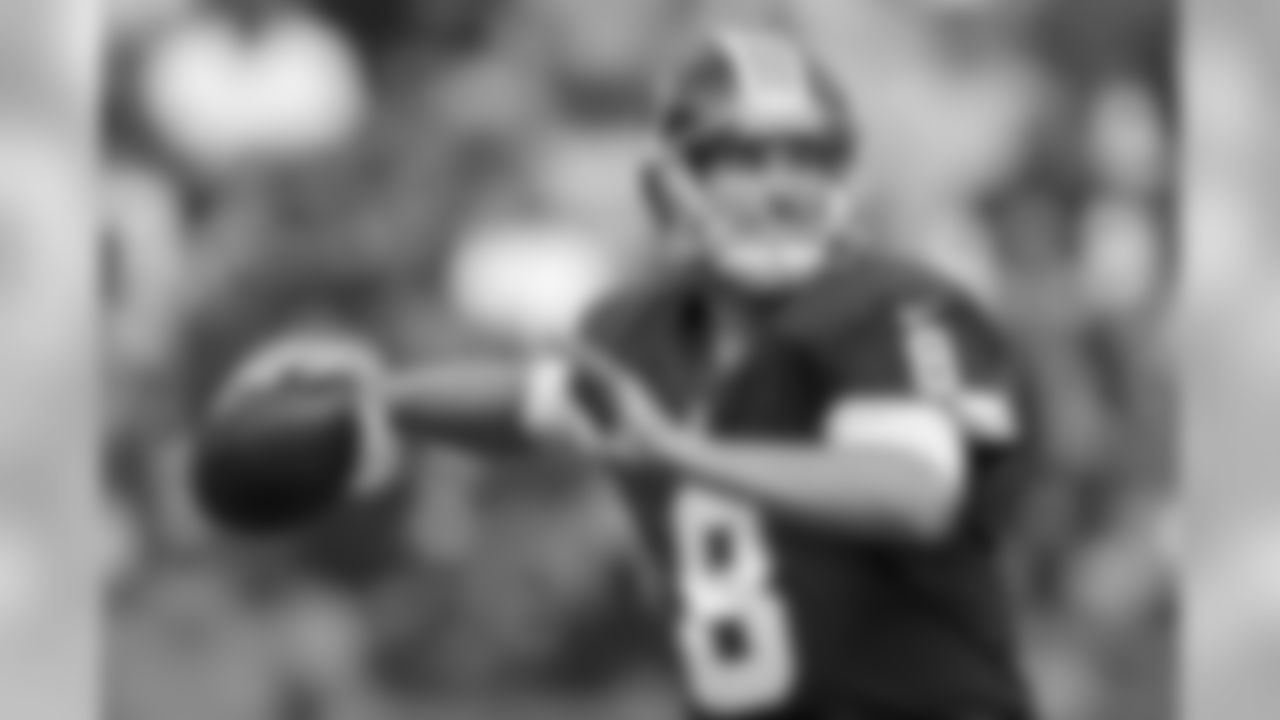
QB KIRK COUSINS
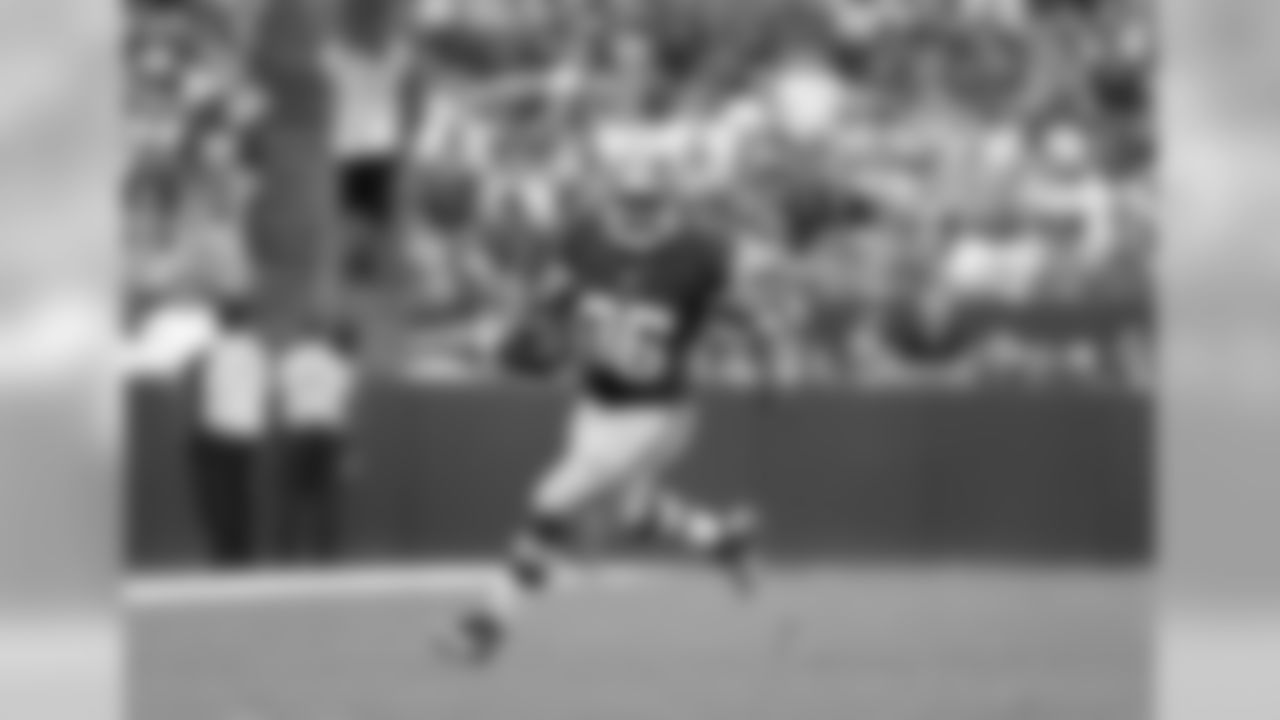
FB DARREL YOUNG
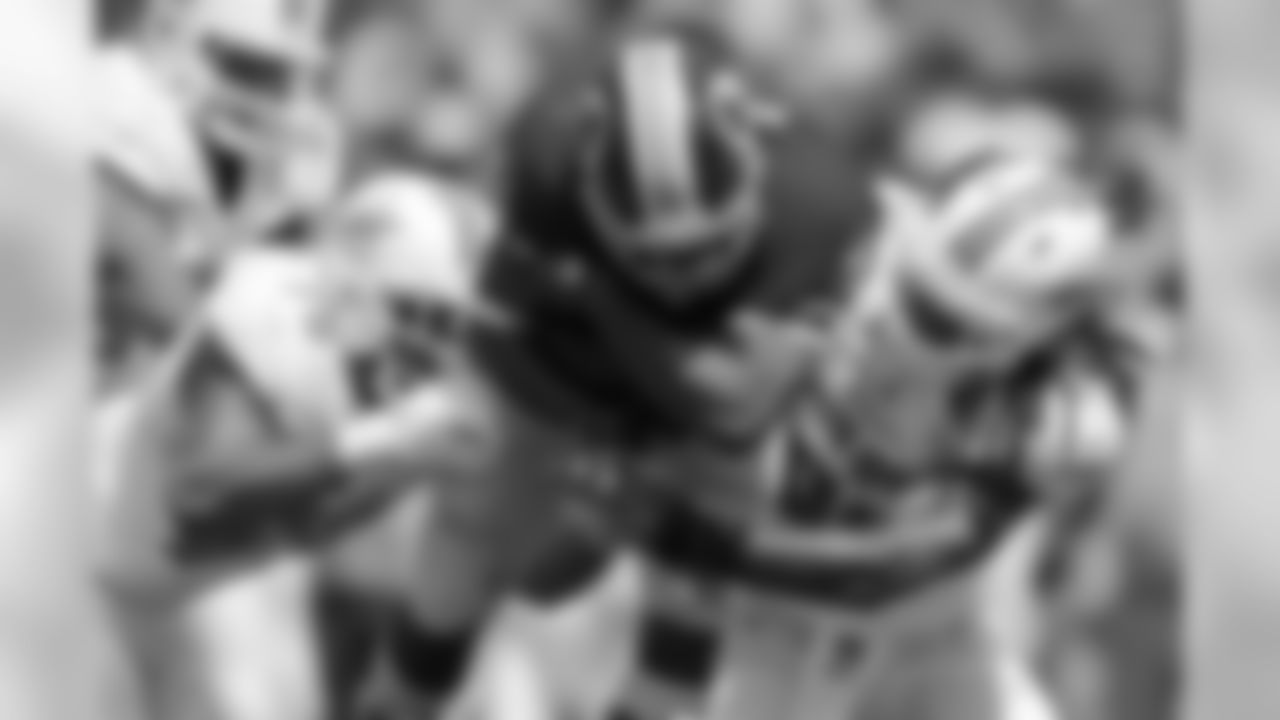
RB ALFRED MORRIS

TE JORDAN REED
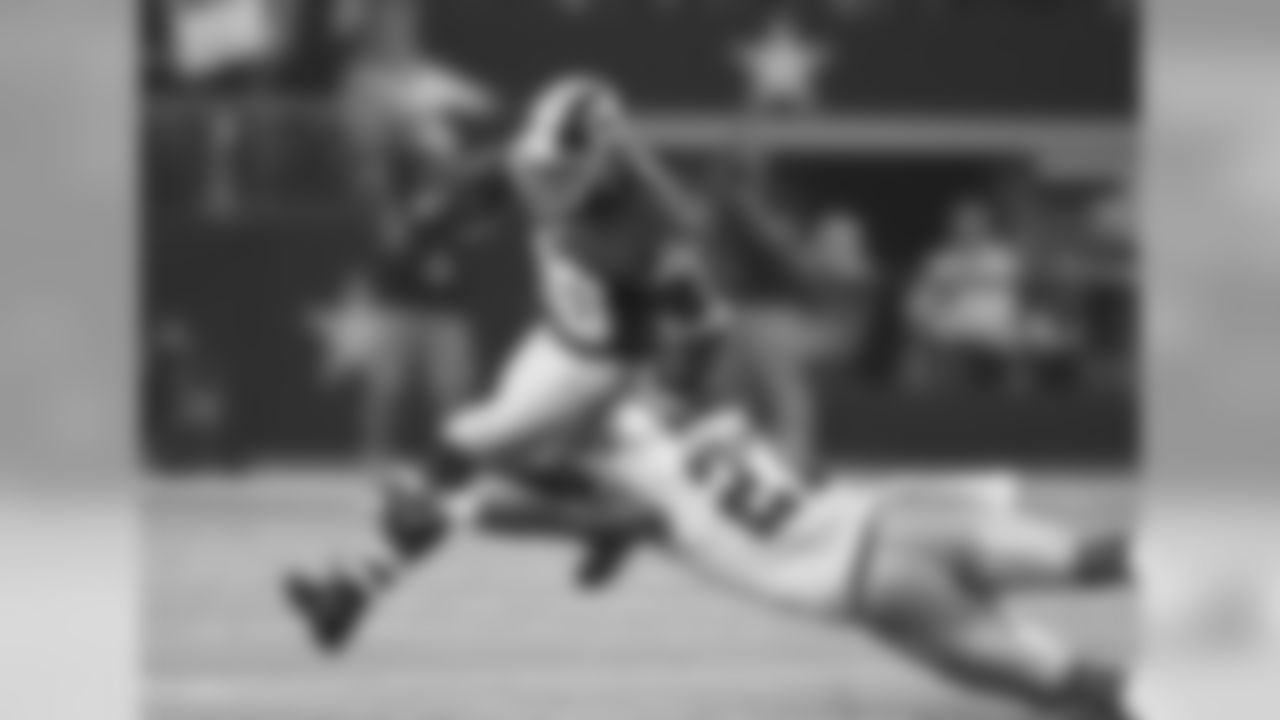
WR PIERRE GARCON

WR DESEAN JACKSON
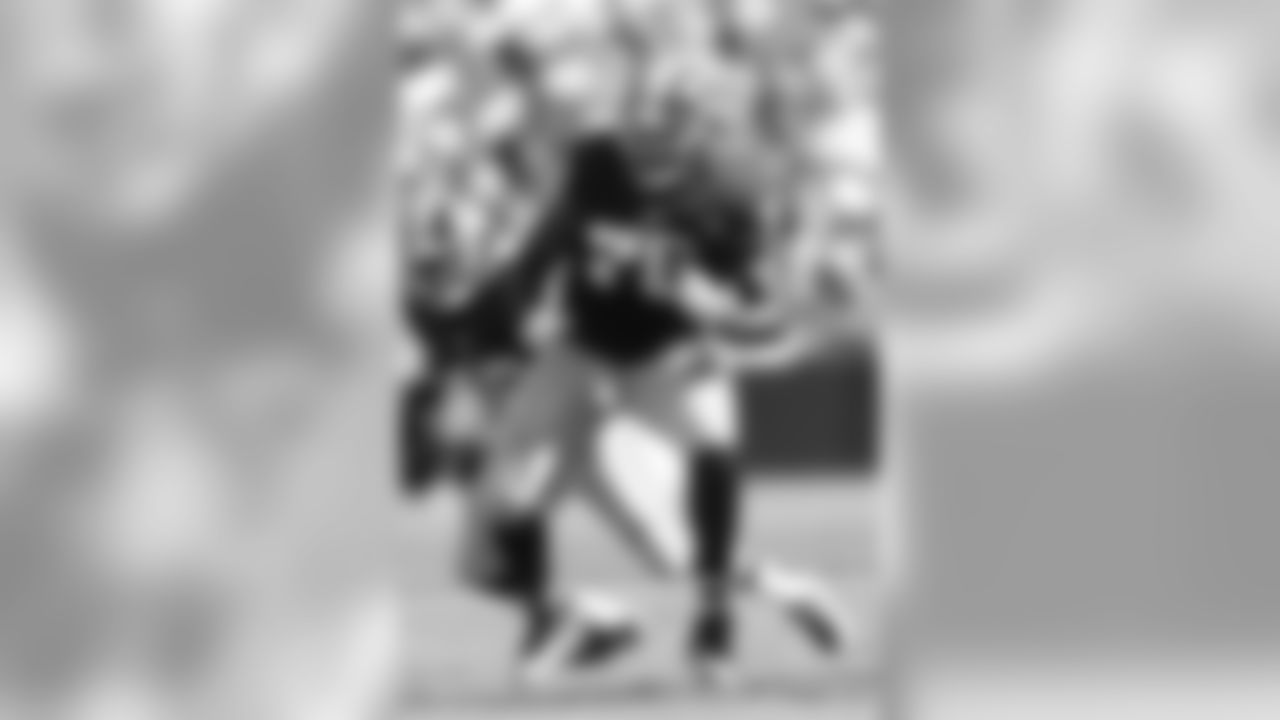
RT MORGAN MOSES
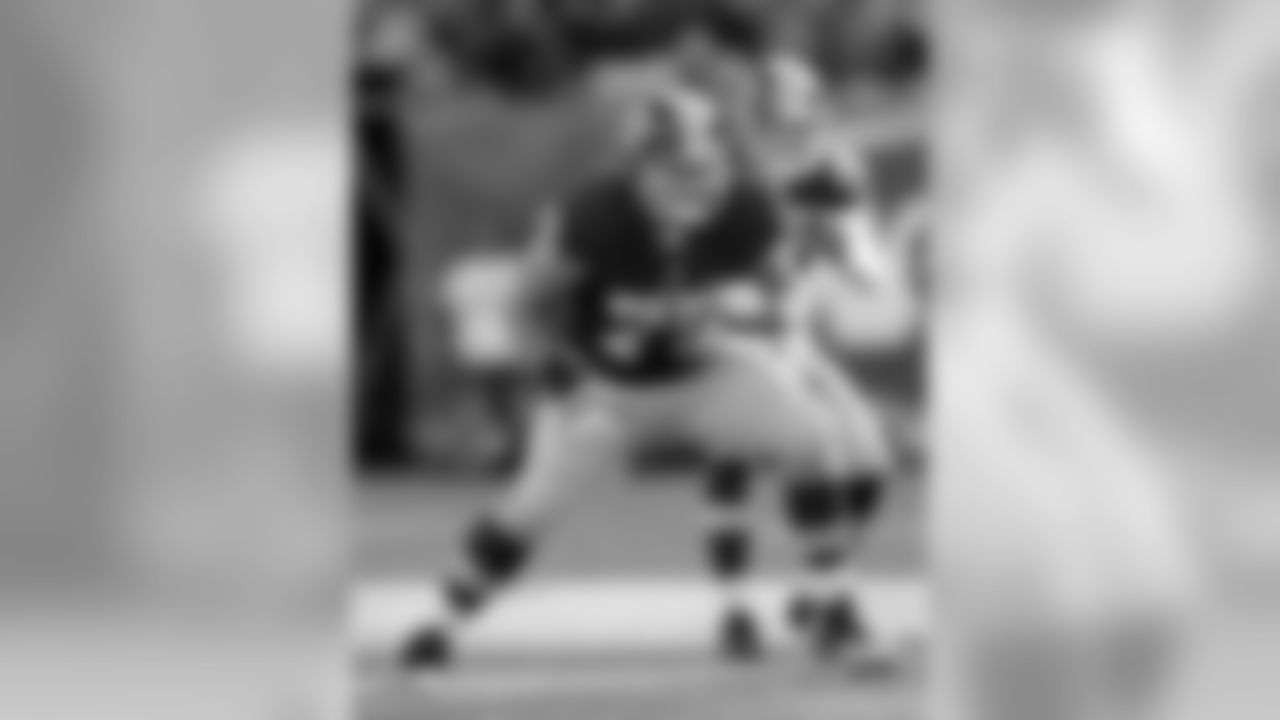
RG BRANDON SCHERFF
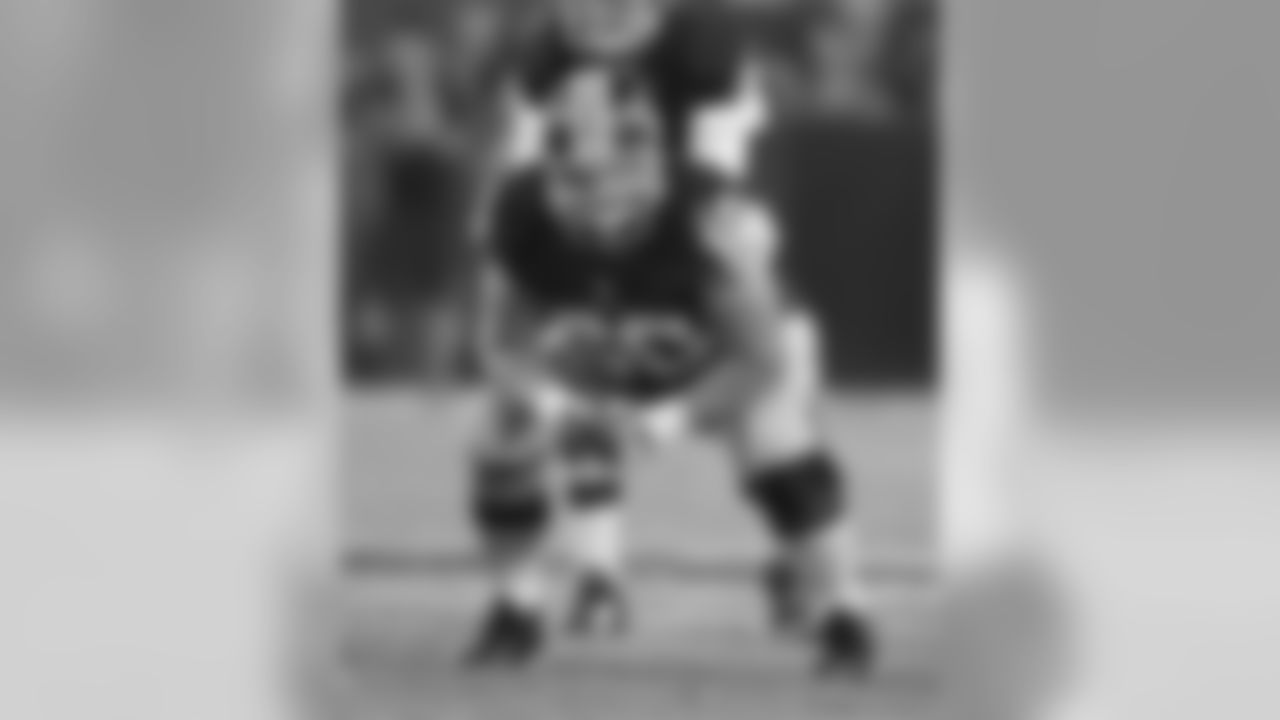
LG SPENCER LONG
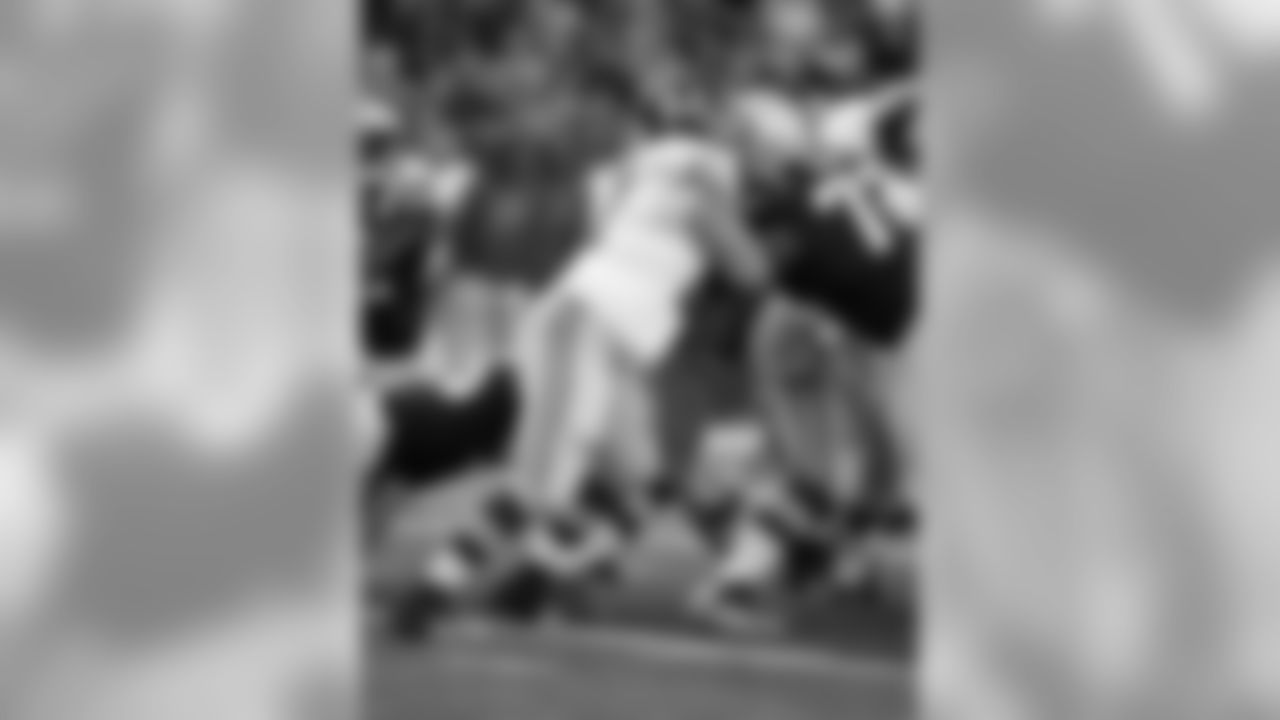
CENTER JOSH LERIBEUS
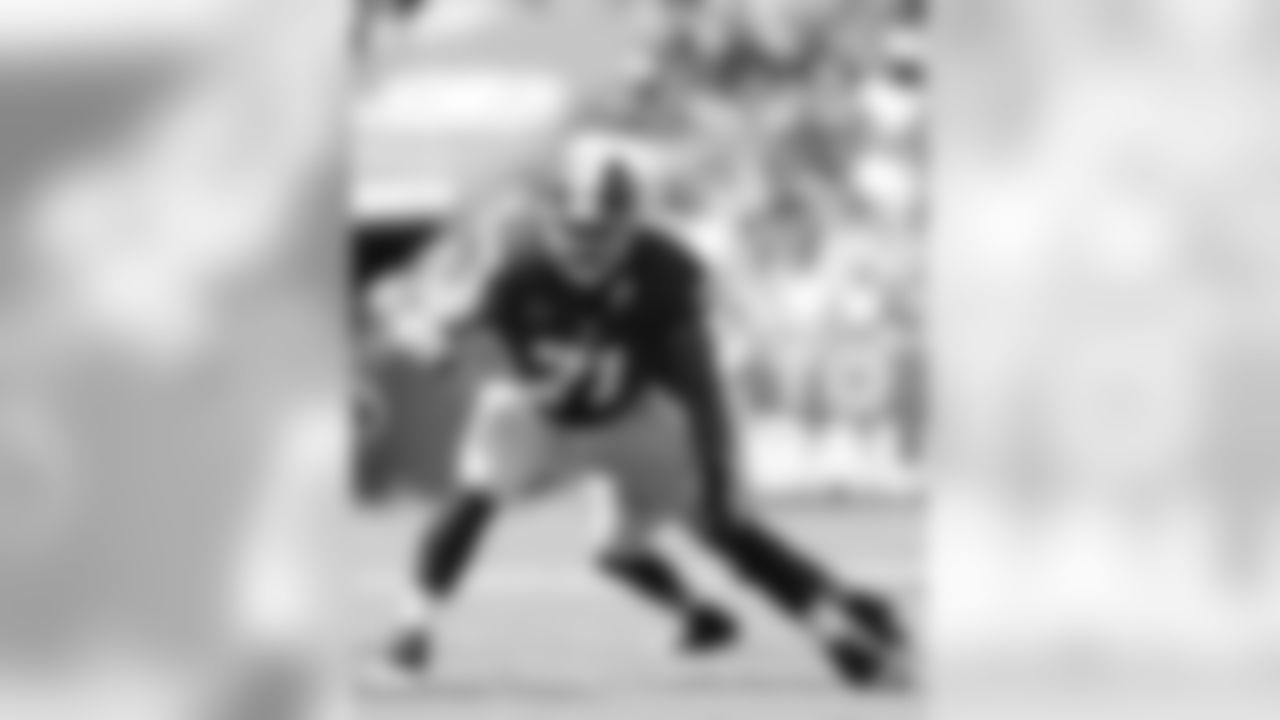
LT TRENT WILLIAMS
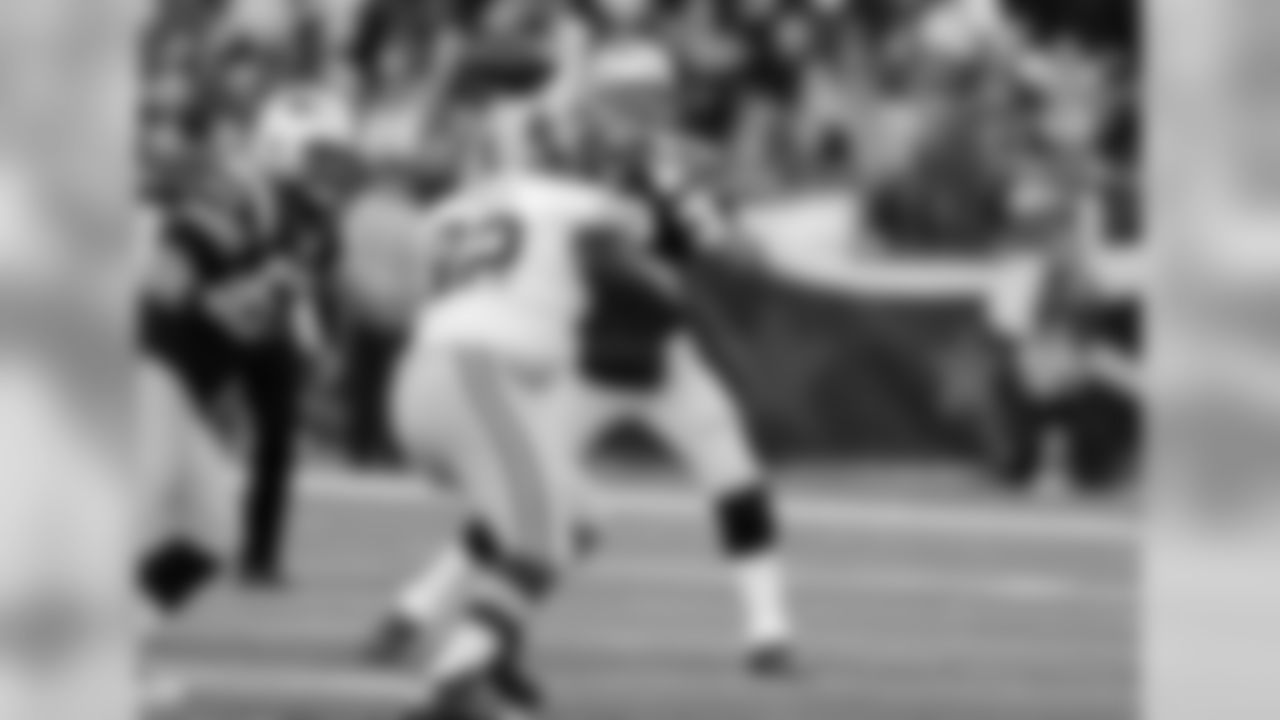
DE CHRIS BAKER
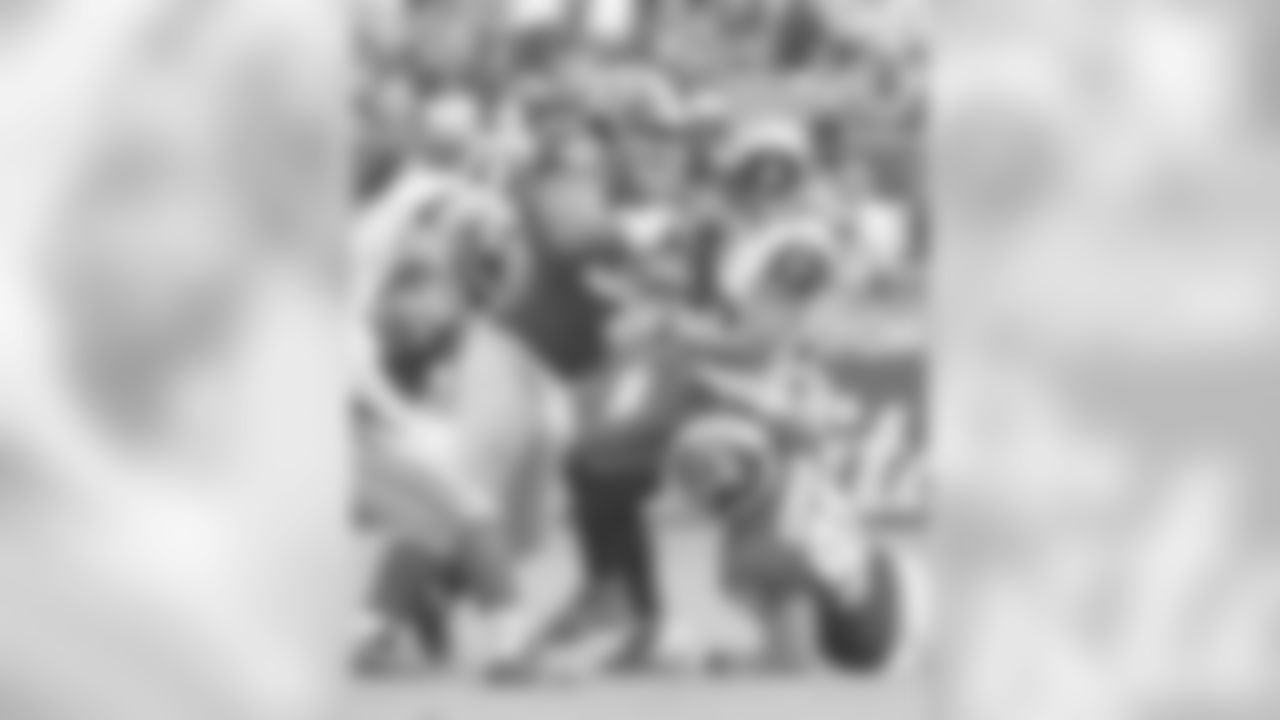
NT TERRANCE KNIGHTON
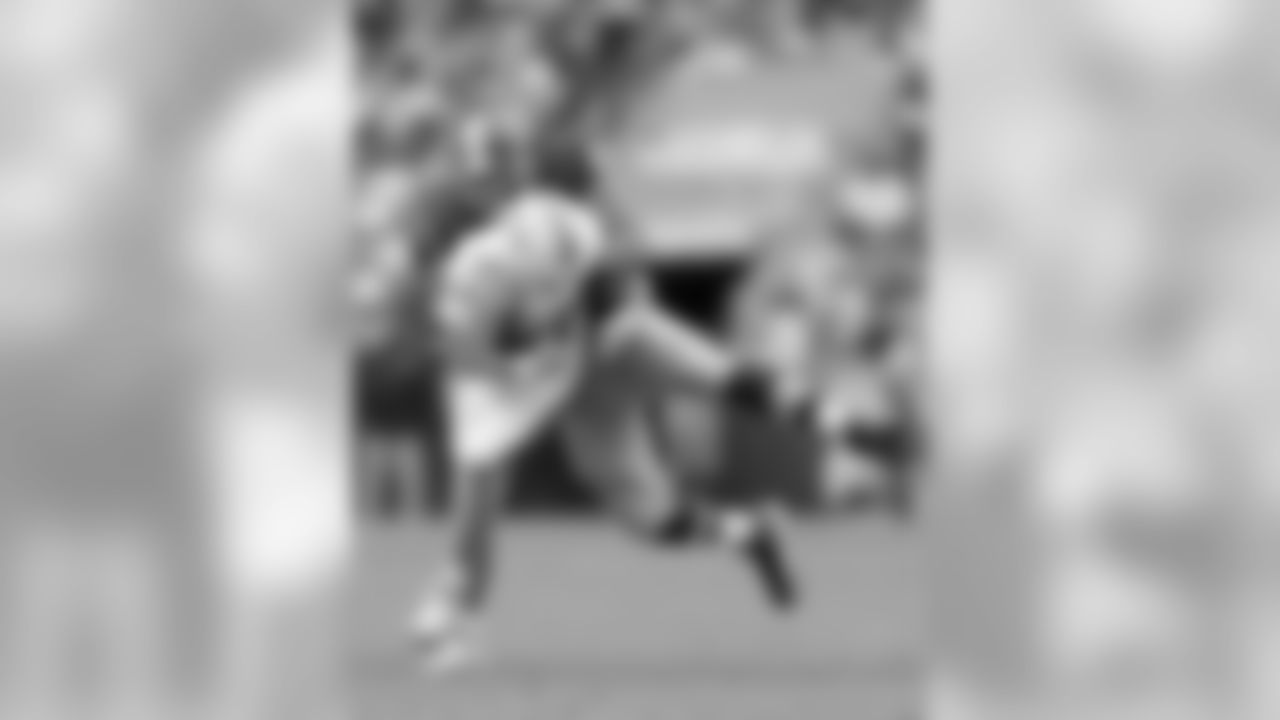
DE JASON HATCHER
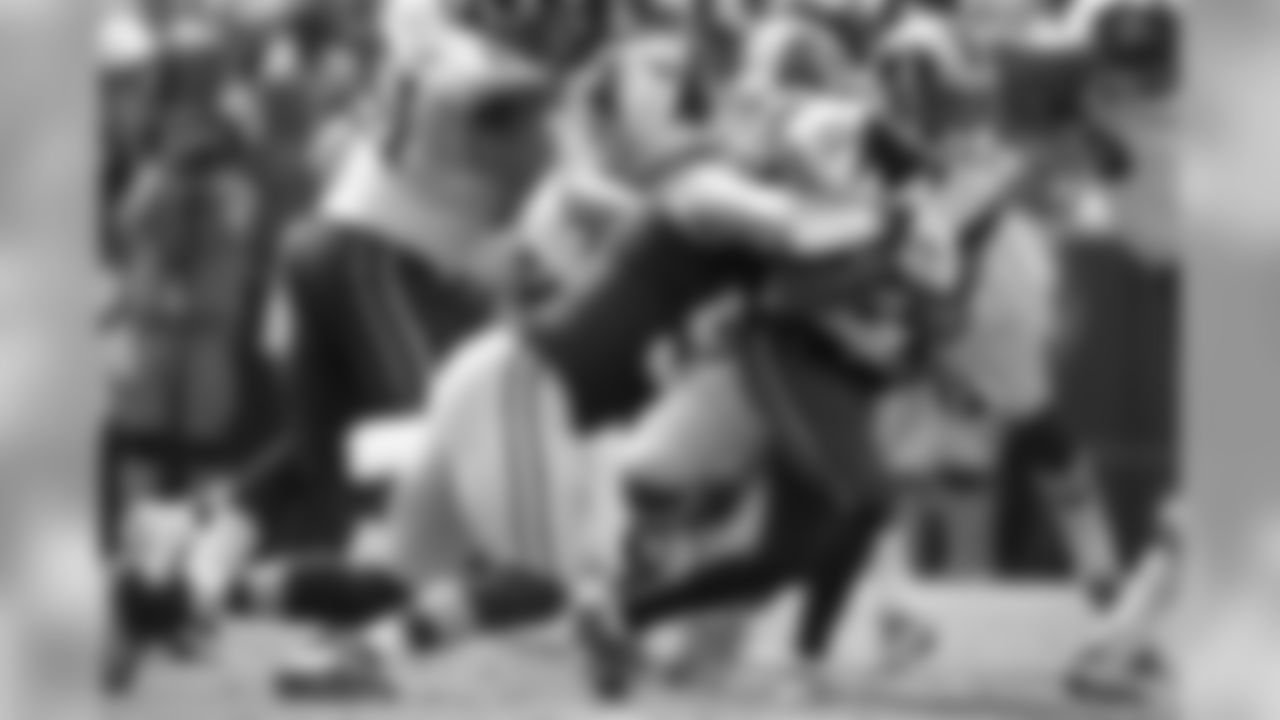
WLB RYAN KERRIGAN
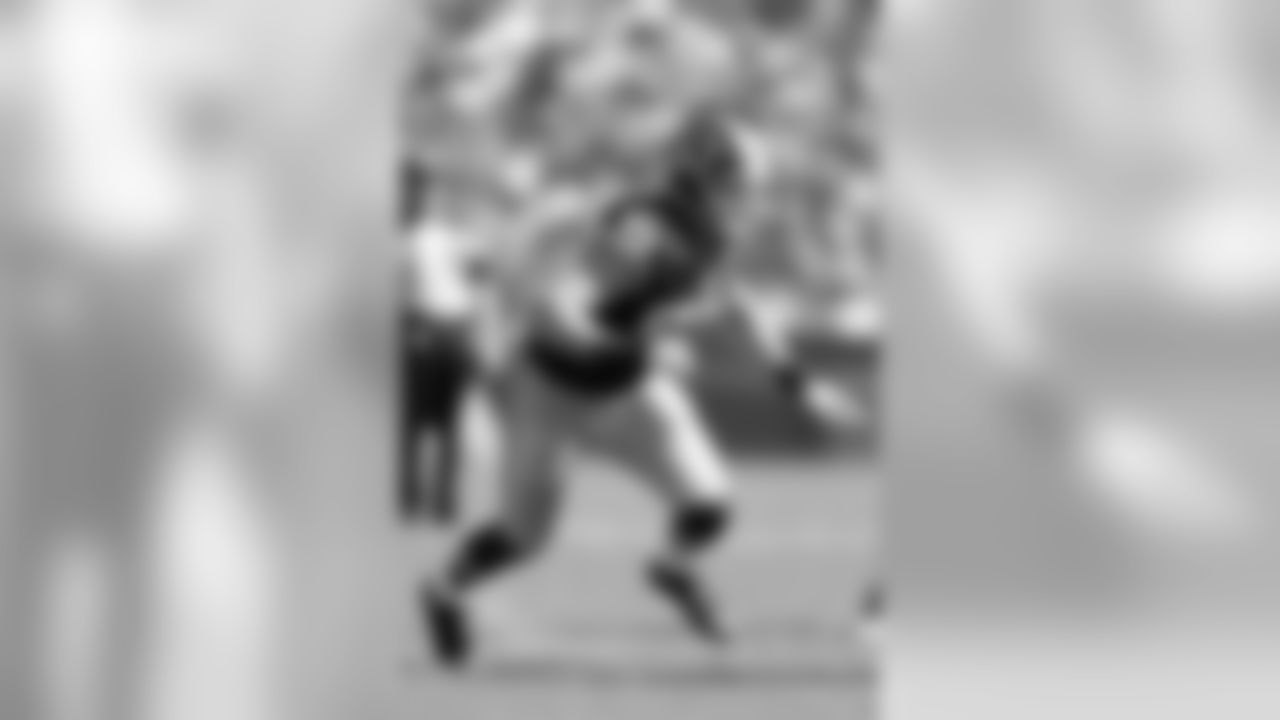
LB TRENT MURPHY
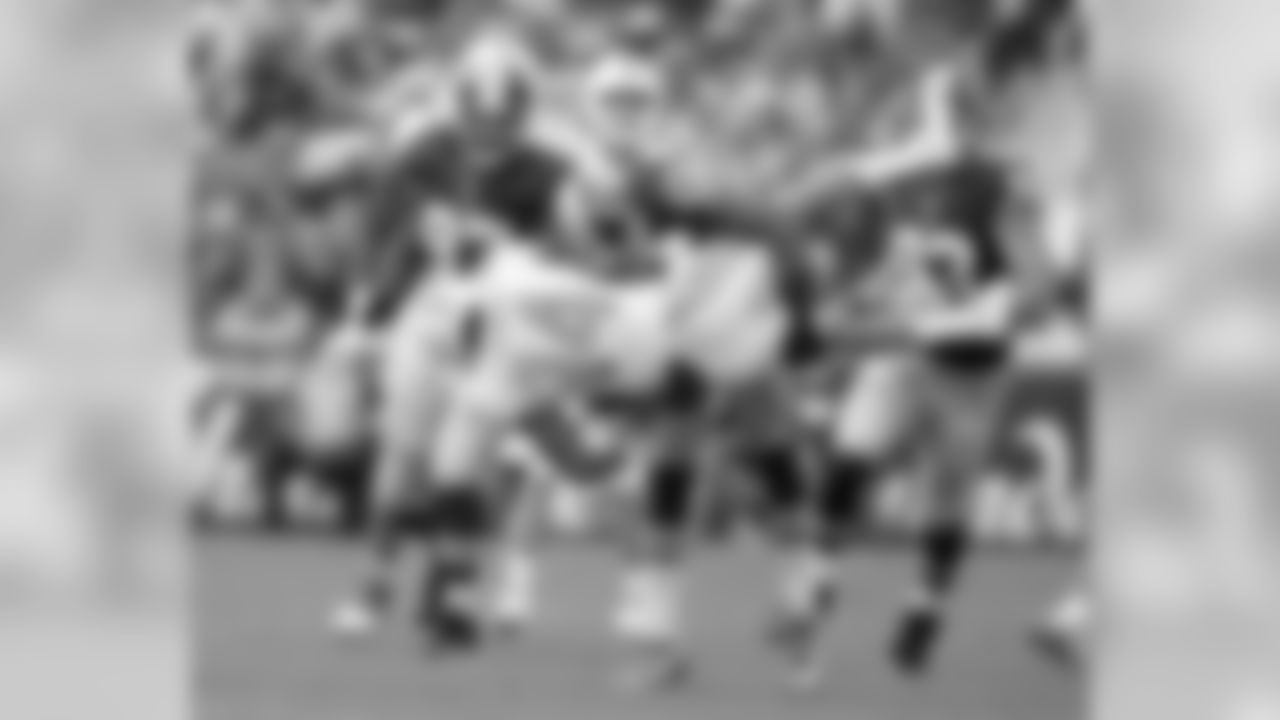
MLB KENNAN ROBINSON
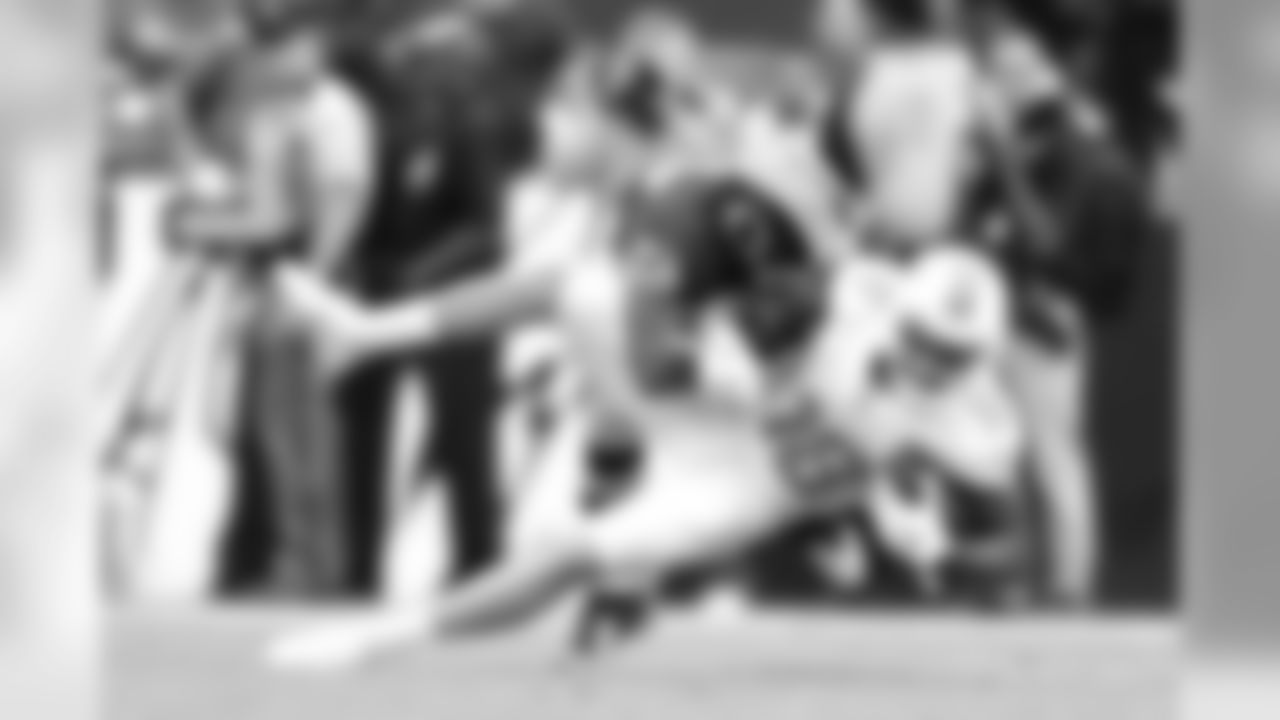
MLB PERRY RILEY JR.
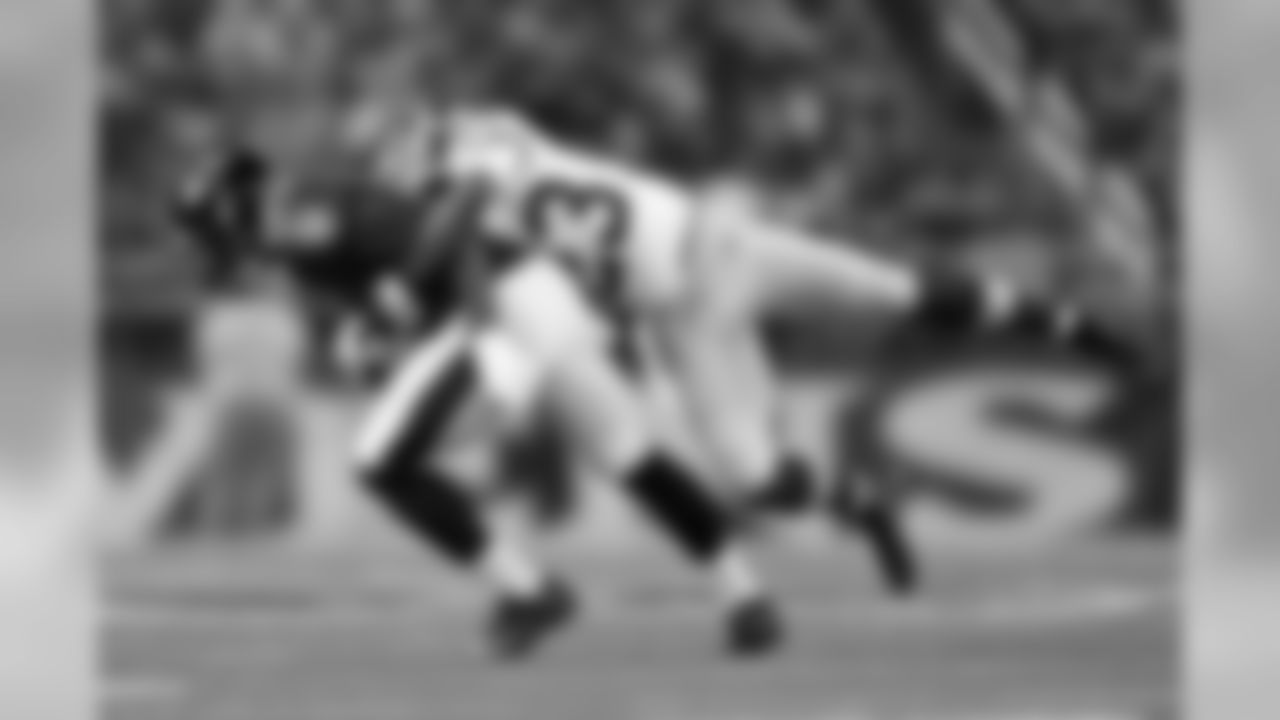
CB DEANGELO HALL

CB CHRIS CULLIVER
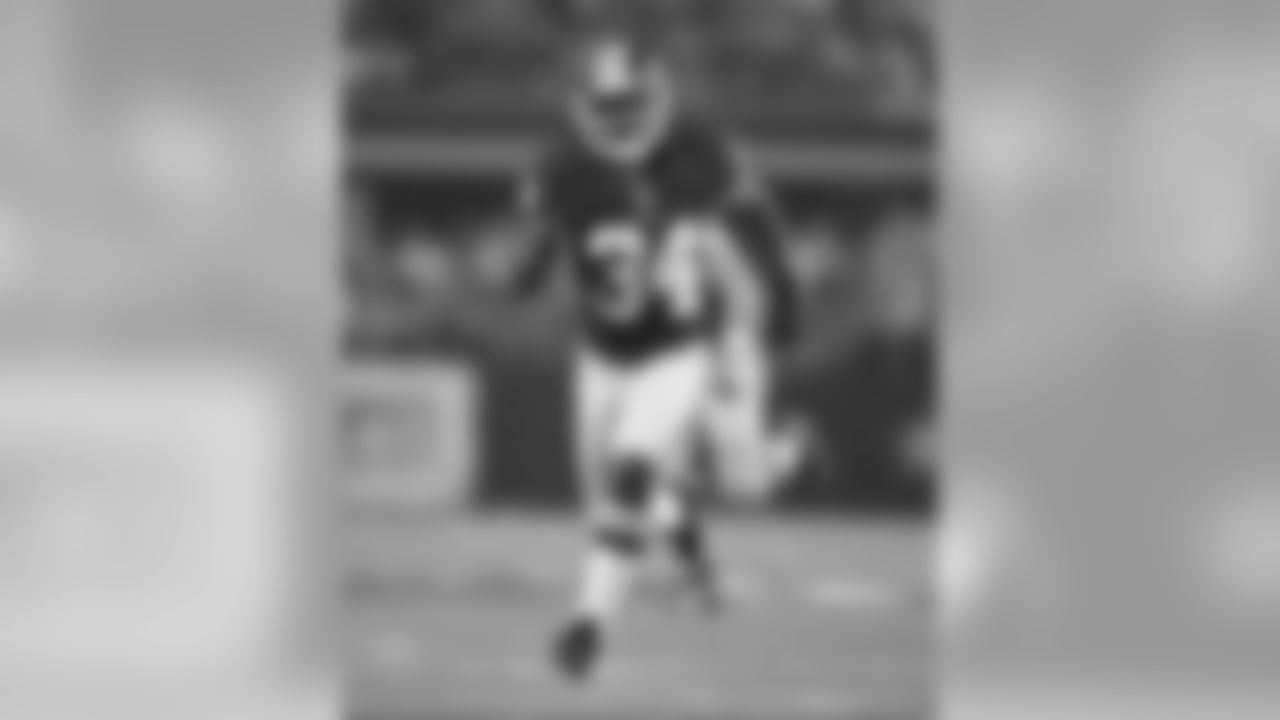
SS TRENTON ROBINSON
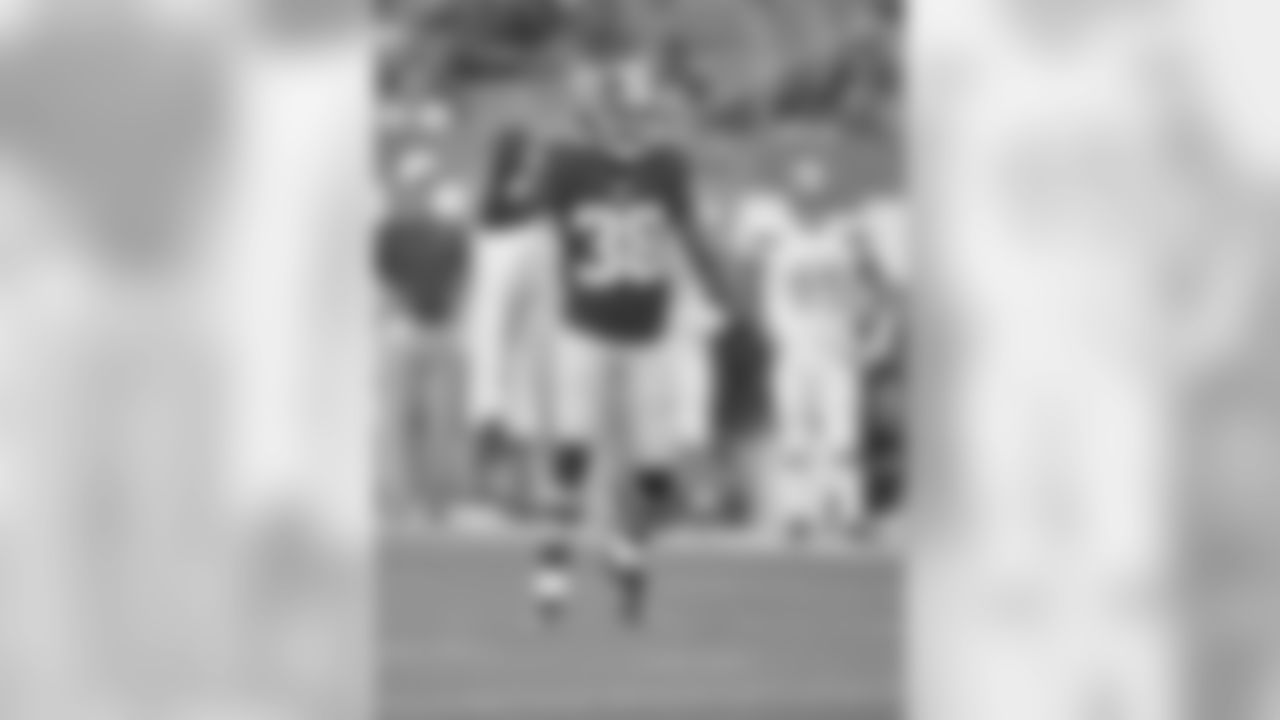
FS DASHON GOLDSON

PUNTER TRESS WAY
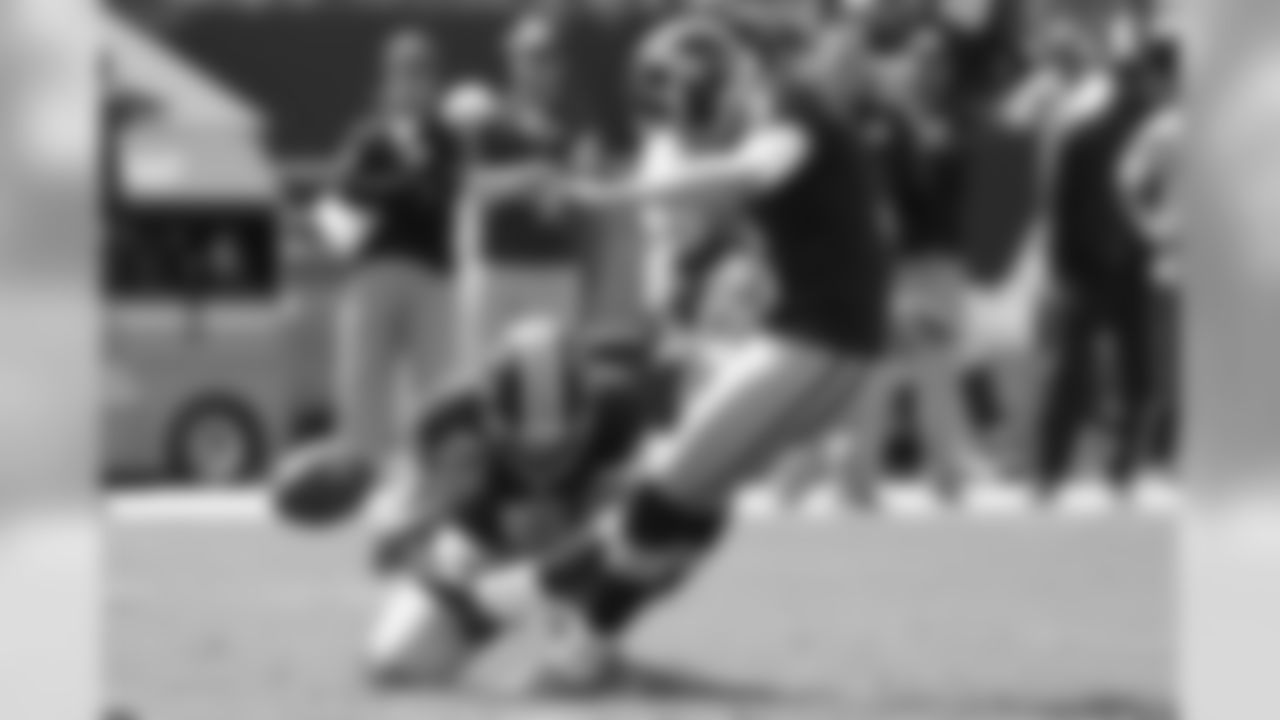
KICKER DUSTIN HOPKINS






